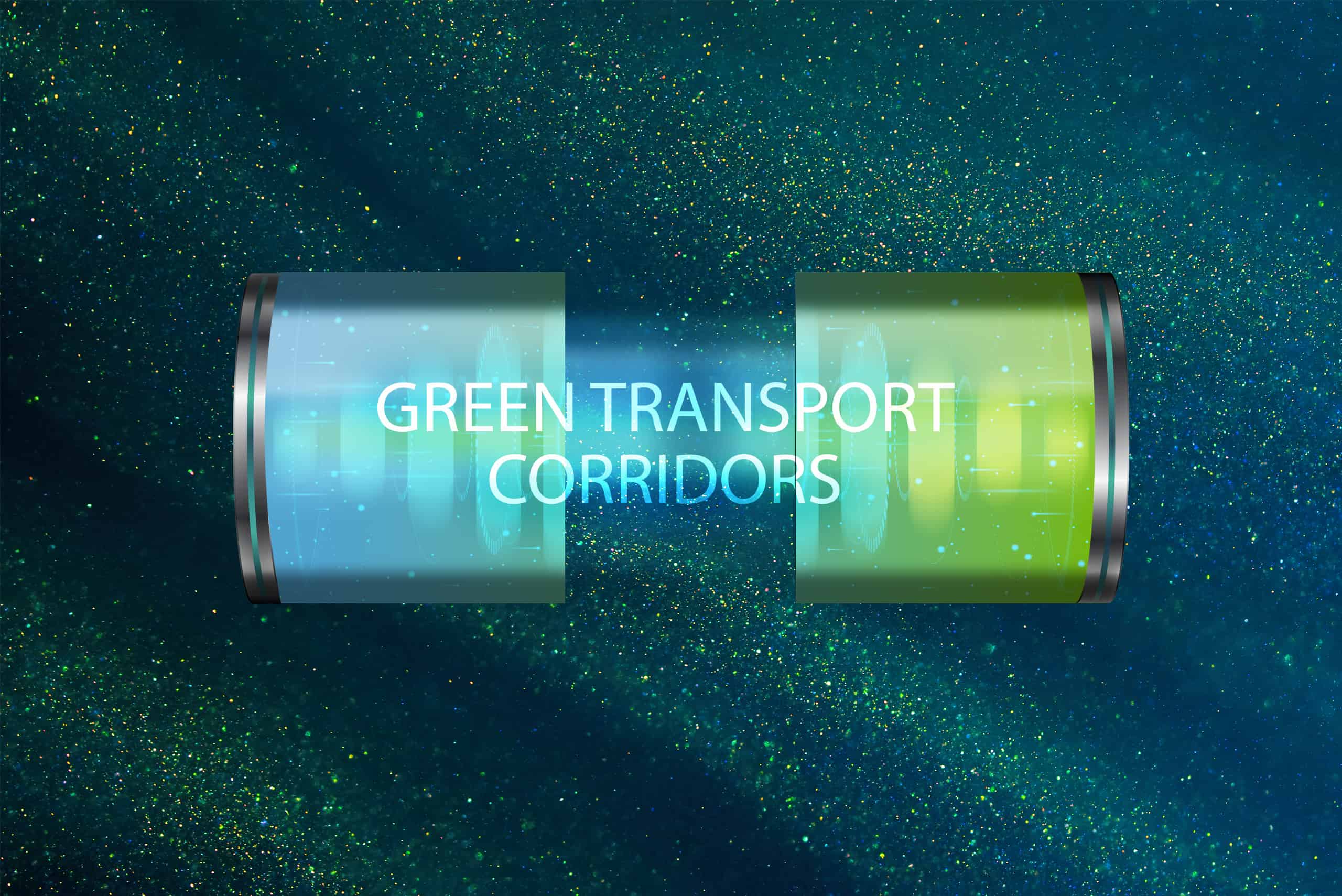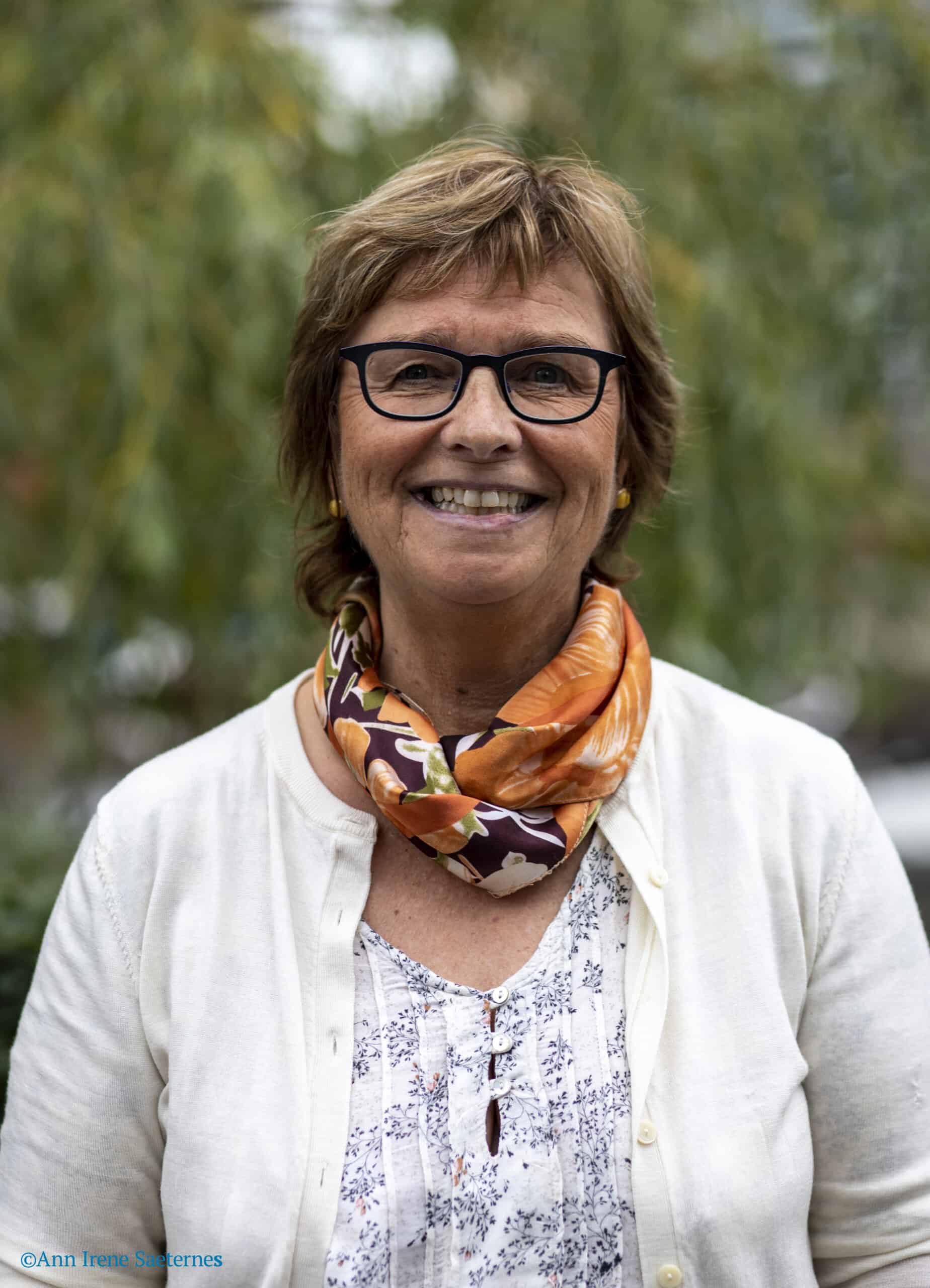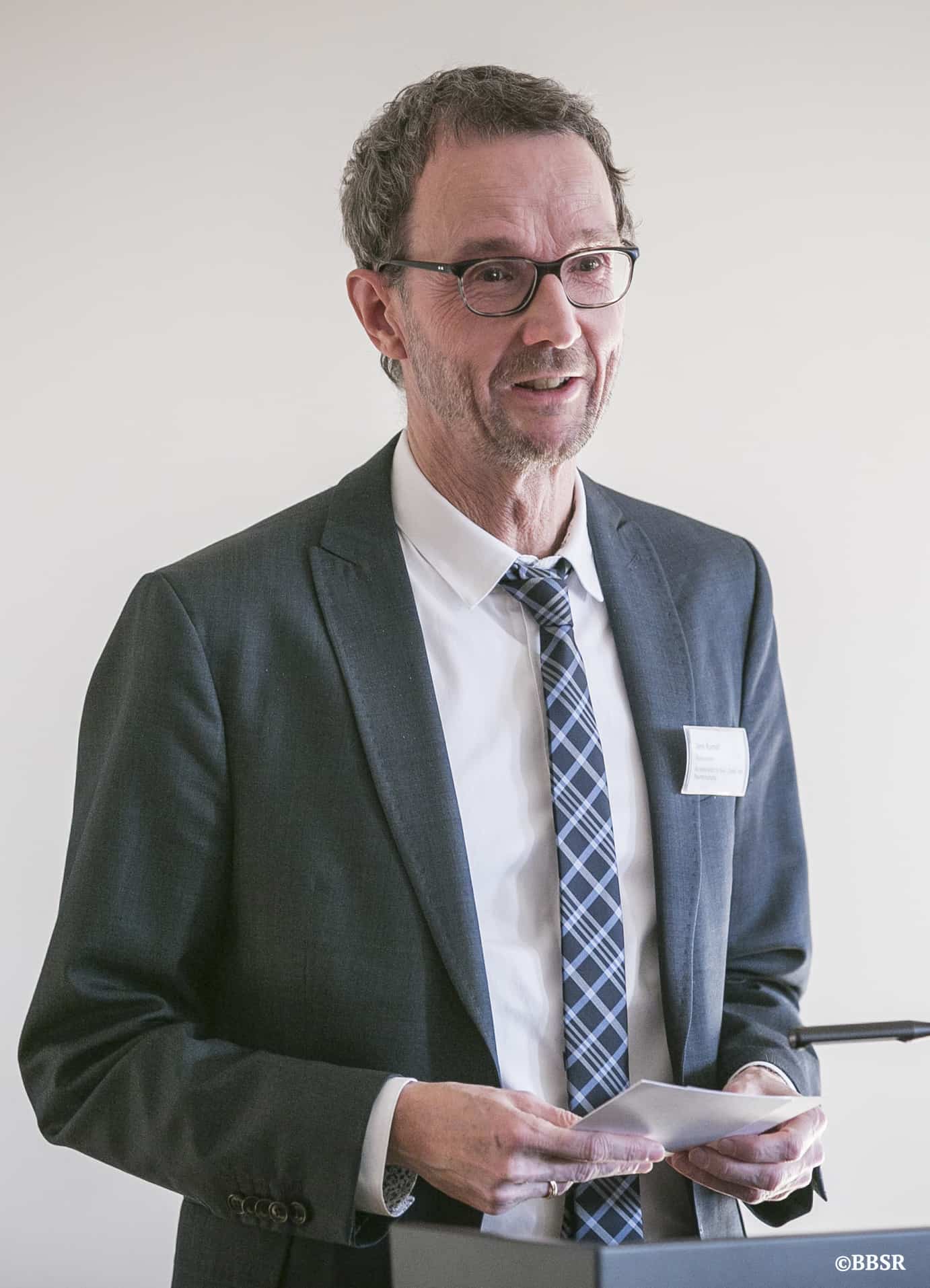
27 November 2023
How Interreg kicked off green transport corridors
#25yearsIBSR
Written by Elena Kolosova
Connecting regions along transport corridors
Interreg projects significantly contributed to the development of transport corridors in the region.
Ann Irene Saeternes, Monitoring Committee member from Norway, Eastern Norway County Network
Now, we are a member of the Scandia Alliance, which evolved into a permanent network in the TEN-T Scan-Med corridor. Of course, the Öresund connection and the Fehrmannbelt connection are important to us and we need to be there and be part of it. As Norway is on the outskirts of the Baltic Sea and Europe, it has been very useful to work together and push the national authorities to think of the corridors from a broader perspective.”
Greening transport corridors
At the beginning of the 2000s, projects initiated a forum between public authorities, private companies, and research institutions to respond to increasing transport flows within, to, from, and through the Baltic Sea region. Regional authorities and transport associations developed recommendations for a common transport strategy, including the focus on green corridors in the European context.
Wiktor Szydarowski, Head of the ESPON Programme, has accompanied the Interreg Baltic Sea Region Programme in various roles from an early start in 1998
New business cases for greening transport
From 2009 to 2014, projects helped develop a network of green multimodal transport corridors as a component of the transport system in the Baltic Sea region. Projects developed business cases for greening transport, such as blocktrain operations, regional motorways of the Sea, and a biogas corridor for road-based freight transport.
Jens Kurnol, Monitoring Committee member from Germany, Federal Institute for Research on Building, Urban Affairs and Spatial Development
Coherent and adaptive transport corridors
In 2016-2021, projects mobilised local, regional, and national authorities, and the transport industry to improve the planning of transport corridors and make it more coherent, cross-sectoral, and adaptive. They worked on shifting to sustainable modes of transport, such as railway, inland waterway, and river-sea shipping. They advanced the development of interoperable clean fuel systems across the countries of the BSR. Regional and local authorities developed further the concept of urban nodes as an interface between urban transport and trans-European transport.
Teresa Marcinów, Monitoring Committee member from Poland, Ministry of Development Funds and Regional Policy
Shaping the future EU’s transport policy
Projects connected to the Conference of Peripheral Maritime Regions, Baltic Sea States Sub-regional Co-operation, STRING, a green megaregion in Northern Europe, and other transport networks, and increased the intensity of the transport dialogues. Projects contributed to shaping the future EU’s trans-European transport network policy and advocated for regional needs in the new funding period of the Connecting Europe Facility and other funds.
Wiktor Szydarowski, Head of the ESPON Programme
#25yearsIBSR
This year, our Interreg Baltic Sea Region Programme is celebrating its 25th anniversary. For more examples of #MadeWithIBSR project results and testimonials of great people who have helped shape the regions with us, visit our birthday celebrations page!
Want to know more about the projects that helped develop transport corridors and continue investing into new mobility solutions? Flip through the project examples below:
More recent news
Climate-neutral future at hand for Baltic Sea region cities
Turning a city into a climate-neutral one requires knowledgeable people, thorough planning and solid financial resources. But how can cities manage this transition smoothly? The Interreg project Climate-4-Case guides cities around the Baltic Sea on how to do that right.
D 3.4 Durability plan and transfer report for integration into existing infrastructures
Designing Interreg Baltic Sea Region that belongs to everyone
10 December 2025 Designing Interreg Baltic Sea Region that belongs to everyone Written by Eeva Rantama What if the next Interreg Baltic Sea Region...
Monitoring the Programme’s progress: transnational cooperation in the making
Representatives from nine Programme area countries gathered in Berlin on 19-20 November 2025 to review the progress of the Programme’s implementation and start preparing for the post-2027 period.







